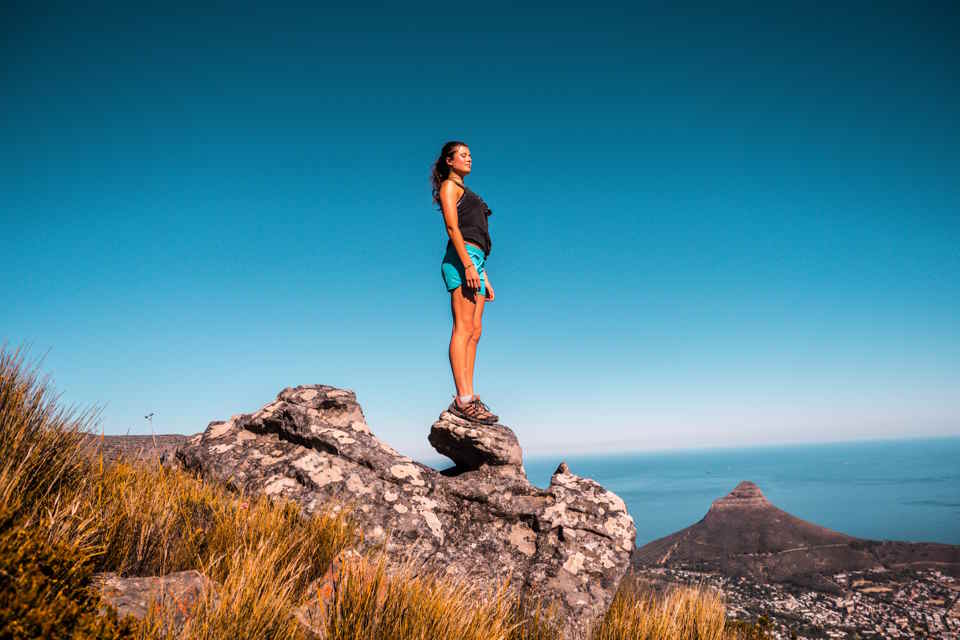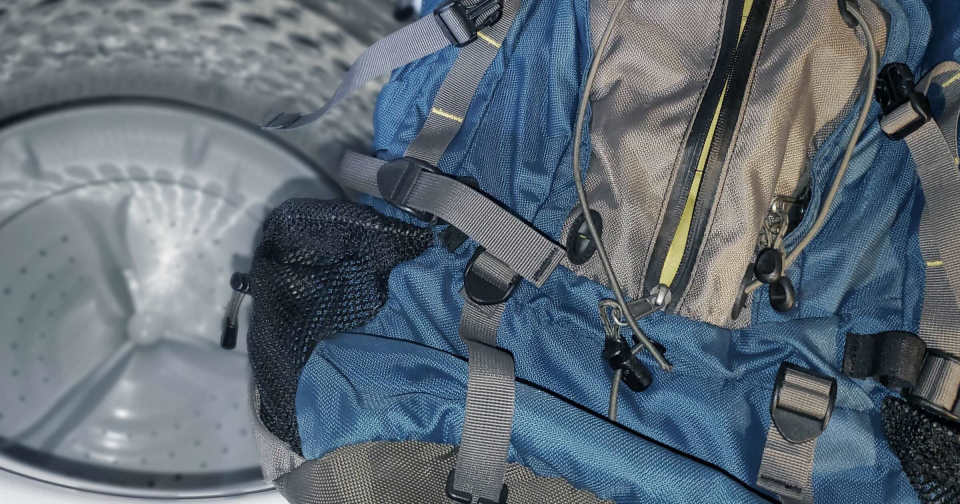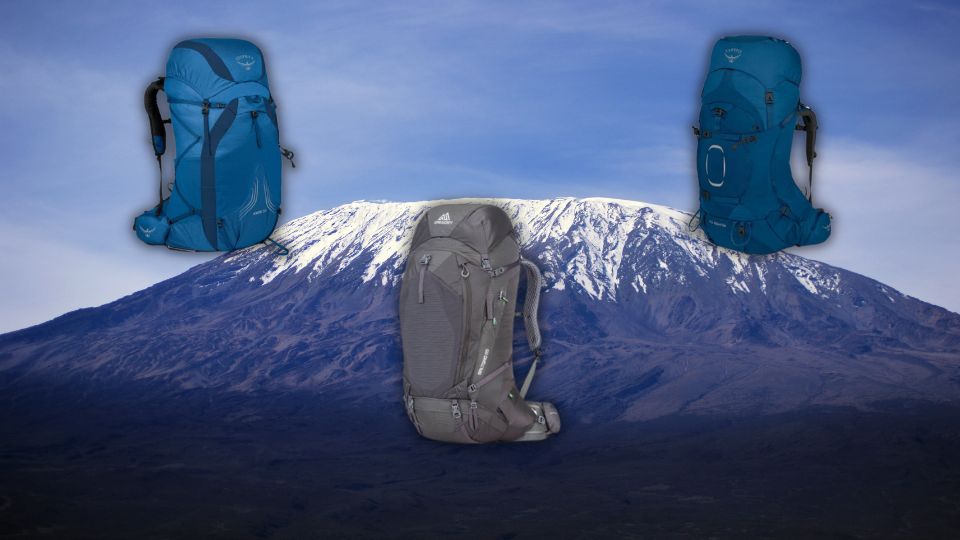Welcome, outdoor enthusiasts! If you’re anything like us, you’re always looking for new and exciting ways to connect with nature. While traditional camping in designated campgrounds is a popular choice, today we are here to introduce you to the wonders of backcountry camping! Backcountry camping offers a refreshing break from the crowds, allowing you to immerse yourself in the remote and untouched beauty of the great outdoors. We will delve into the definition of backcountry camping, explore the distinctions between camping and backcountry experiences, discover what is considered backcountry, and even learn about the alternative to this thrilling camping style. So, grab your backpacks and prepare for an adventure like no other!
Introduction
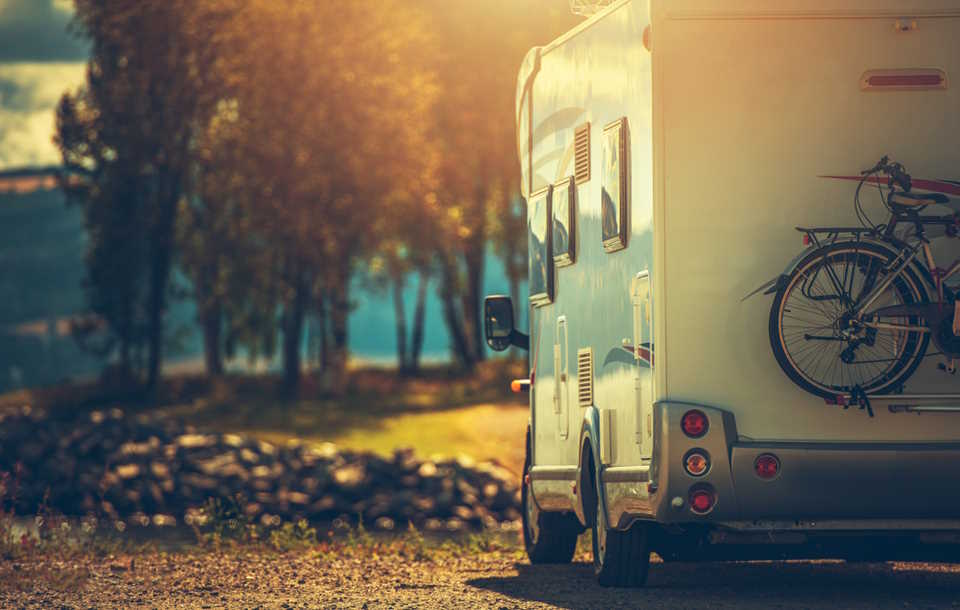
Backcountry camping is a type of outdoor adventure where individuals or groups set up camp in remote and undeveloped areas, away from established campgrounds and modern amenities. It involves camping in natural settings, such as forests, mountains, or deserts, and relies on primitive camping skills and self-sufficiency. Backcountry camping allows people to escape the crowds, connect with nature, and experience a sense of solitude and tranquility.
Backcountry camping is often associated with wilderness areas, national parks, and other protected lands where camping is permitted. These areas typically have minimal or no facilities, including restrooms, picnic tables, or fire pits. Instead, campers must rely on their own resources and equipment to meet their needs, including shelter, food, water, and waste disposal.
Unlike traditional camping, which usually takes place in designated campgrounds with amenities and services, backcountry camping offers a more rugged and immersive outdoor experience. It often involves hiking, backpacking, or canoeing to reach the desired camping spot and requires carrying all necessary gear and supplies on one’s back or in a pack. Backcountry campers must be prepared for variable weather conditions, challenging terrain, and limited access to emergency services.
What Is the Difference Between Camping and Backcountry?
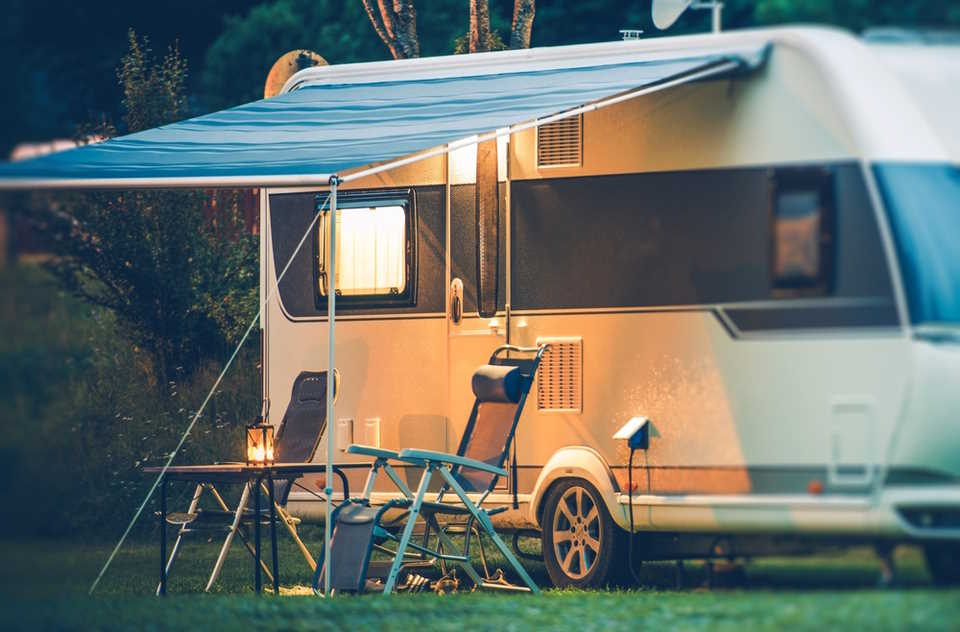
When it comes to outdoor adventures, camping and backcountry are two terms that are often used interchangeably. However, there is a distinct difference between the two. Camping is a recreational activity where people set up temporary shelters, such as tents or RVs, in designated campsites. It is typically done in established campgrounds that provide facilities like toilets, showers, and sometimes even electricity. On the other hand, backcountry camping, also known as wilderness camping or primitive camping, involves venturing off the beaten path and setting up camp in undeveloped or remote areas, away from any modern amenities.
In camping, the focus is more on convenience and comfort. Campers have access to facilities like clean water, picnic tables, fire pits, and sometimes even organized activities like hiking trails or swimming areas. It offers a more structured and controlled outdoor experience, making it suitable for families or individuals who prefer a bit of comfort while still enjoying the great outdoors.
In contrast, backcountry camping is all about embracing the raw and unspoiled beauty of nature. It takes you deep into the wilderness, away from the crowds and the hustle and bustle of civilization. Backcountry camping sites are often not accessible by vehicles, requiring hikers or backpackers to hike or trek to reach their destination. As a result, backcountry camping offers a more rugged and challenging experience, suitable for those seeking solitude and a deeper connection with nature.

- The amenities available
- The level of isolation and solitude
- The activities and experiences offered
In terms of amenities, camping sites typically provide conveniences like toilets, running water, and sometimes even electricity. Campers can often bring along cooking equipment, coolers, and other gear that may not be feasible to carry during backcountry trips. Backcountry camping, on the other hand, offers minimal amenities, if any. Campers must rely on their own resources for cooking, purifying water, and bathroom needs. This self-reliance and lack of modern amenities are part of the appeal for many backcountry enthusiasts.
- Proximity to nature
- The level of challenge and adventure
- The need for permits and regulations
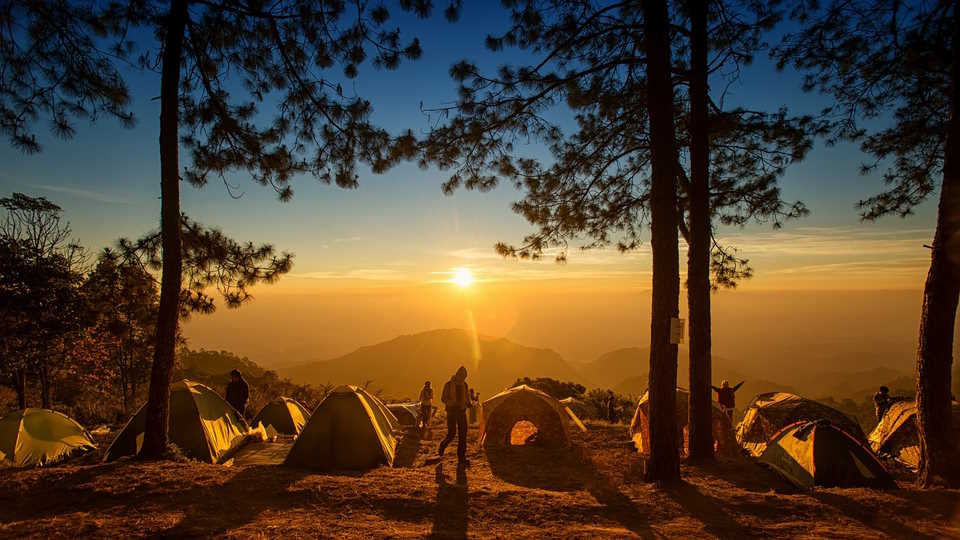
Another difference between camping and backcountry camping is the level of proximity to nature. While camping allows individuals to enjoy the outdoors, backcountry camping takes you even closer to nature. It allows you to immerse yourself in the wilderness, waking up to the sounds of chirping birds and falling asleep under a sky filled with stars. Backcountry camping often offers more opportunities for wildlife encounters and exploring remote and untouched landscapes.
In terms of challenge and adventure, camping can be seen as a more leisurely and relaxed experience. It offers a chance to unwind, roast marshmallows by the campfire, and enjoy activities like fishing or hiking. Backcountry camping, on the other hand, requires more physical exertion and preparation. It often involves long hikes, carrying heavy backpacks, and navigating through rugged terrains. It is a more physically demanding experience and appeals to those seeking a greater sense of adventure and a challenge.
Lastly, it is essential to consider the permits and regulations associated with backcountry camping. Due to the delicate ecosystems and potential environmental impact, many backcountry areas require permits or have specific regulations in place. These permits help limit the number of campers and ensure the conservation of the natural environment. Camping, on the other hand, often has more accommodating regulations and does not require special permits in most established campgrounds.
What Is Considered Backcountry?
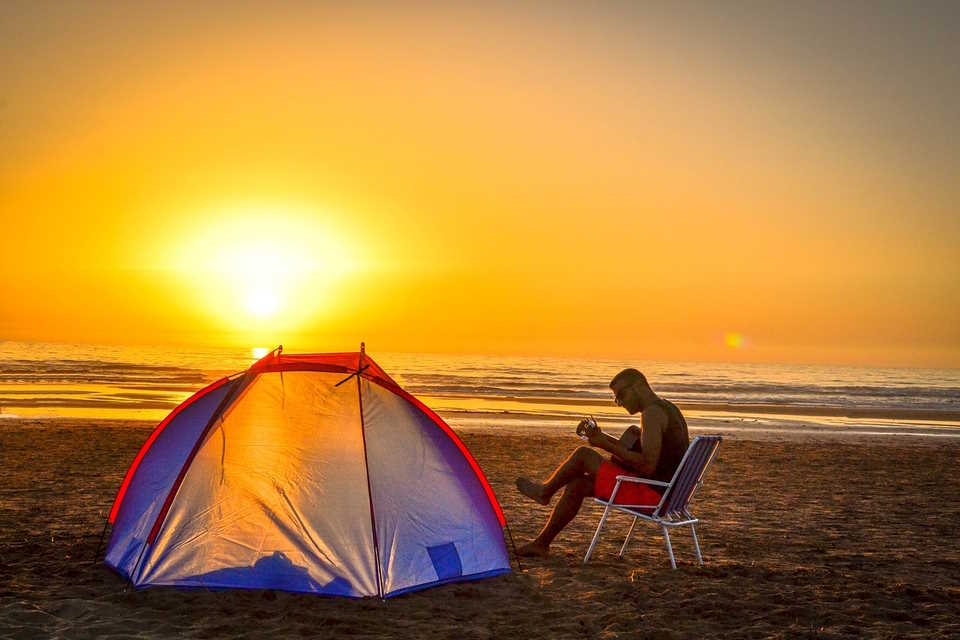
Backcountry is a term that is often used in the outdoor recreation world, but what exactly does it mean? Simply put, backcountry refers to remote and undeveloped areas that are typically away from established campsites and facilities. It is a place where nature is untouched by human hands, and where people can experience a sense of solitude and adventure.
When it comes to camping, backcountry camping is a special kind of experience. It involves venturing into these remote areas and setting up camp in the wilderness. Unlike traditional camping, backcountry camping does not provide the convenience of amenities such as running water, electricity, or restrooms. Instead, it requires self-sufficiency and relies heavily on skills such as navigation, wilderness survival, and minimal impact camping.
So, what exactly is considered backcountry? While there is no strict definition, backcountry is generally understood as any area that requires a significant amount of effort to access. This could include hiking into the mountains, backpacking through dense forests, or even kayaking to a secluded island. In essence, it is a place where the natural environment is remote and less influenced by human activity.
What Is the Opposite of Backcountry Camping?

Backcountry camping is a popular outdoor activity enjoyed by many adventure enthusiasts. It involves setting up camp in remote, undeveloped areas away from the bustling crowds and modern amenities. It allows individuals to immerse themselves in nature, away from the noise and distractions of everyday life. However, not everyone may be interested in this type of camping experience. For those seeking a different kind of outdoor adventure, the opposite of backcountry camping might be more appealing.
Car camping is often considered the opposite of backcountry camping. Unlike backcountry camping, car camping involves setting up camp in designated campgrounds that offer amenities such as picnic tables, fire pits, and access to running water and restrooms. These campgrounds are usually easily accessible by car, and some may even offer electrical hookups for RVs or trailers. Car camping provides a more convenient and comfortable camping experience, making it a popular choice for families or individuals who prefer a less rugged adventure.
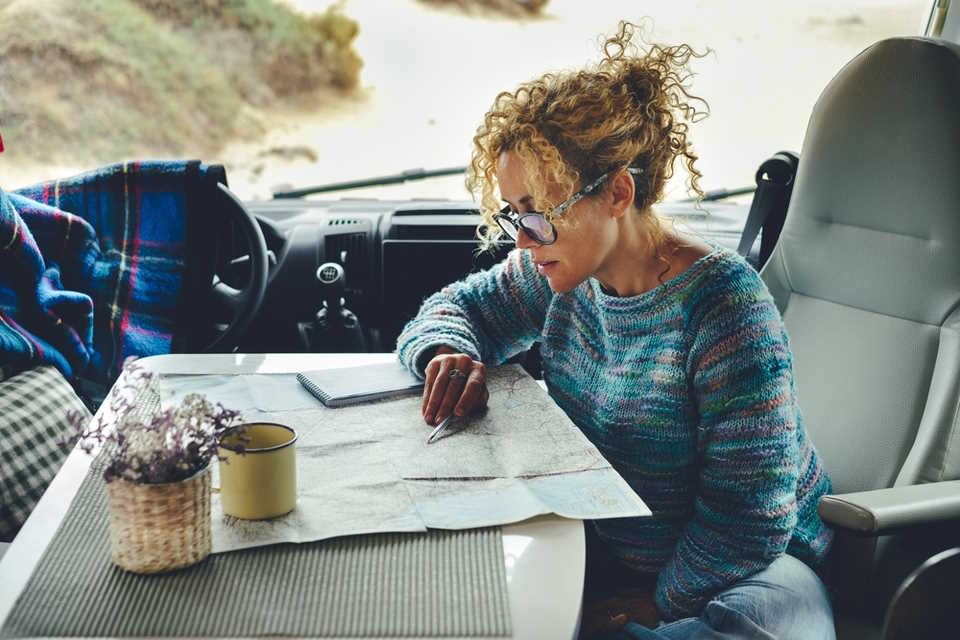
RV camping is another alternative to backcountry camping. Recreational vehicles, or RVs, provide a home on wheels and allow campers to enjoy the great outdoors while still having access to many creature comforts. RV camping typically takes place in designated campgrounds that offer amenities such as full hookups for water, electricity, and sewage disposal. With an RV, you can bring along essential appliances, sleep in a comfortable bed, and even have a bathroom and kitchen facilities. It offers a more luxurious and convenient camping experience compared to backcountry camping.
Glamping, a portmanteau of “glamorous” and “camping,” is a trend that has gained popularity in recent years. It combines the beauty of the natural world with the luxurious comforts of a hotel. Glamping accommodations range from safari-style tents and yurts to treehouses and cabins. These accommodations often come equipped with comfortable beds, private bathrooms, electricity, and sometimes even hot tubs or gourmet dining options. Glamping provides a unique camping experience for those who want to be close to nature but still enjoy the finer things in life.

